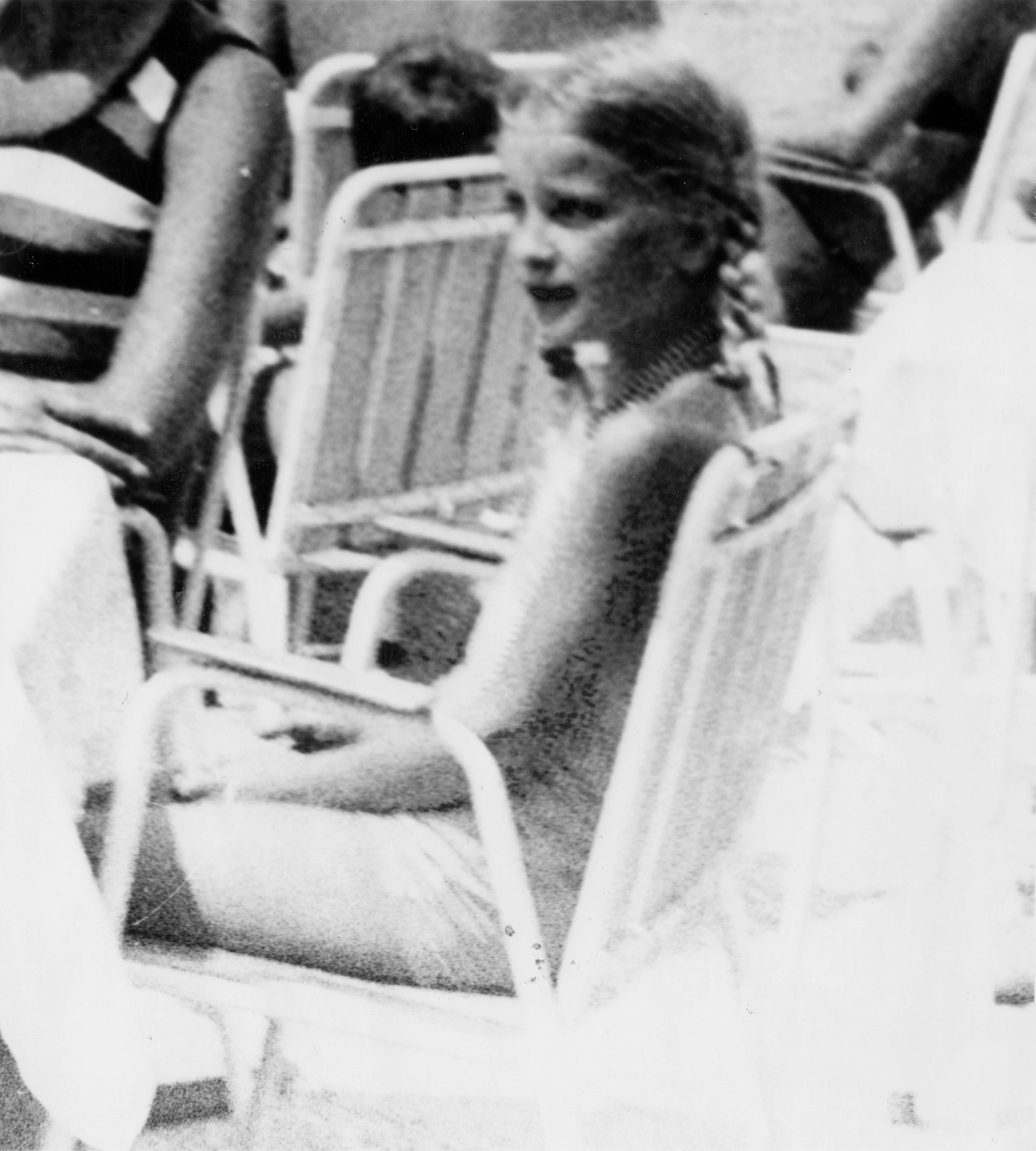
If you use your cellphone or computer as much as the average person, you will have consumed more images before lunch, than someone from the 18th Century in their lifetime. As we reach near-suffocation with content-overload, it stands to reason that a single, isolated image forces one to stand still.
Erik Kessels’ latest exhibition, One Image, which closes tomorrow, is a pièce de résistance, featuring just one photograph: a seemingly inconsequential, blurred image of a young girl sat on a deck chair. “This is an experiment,” Kessels tells TIME. “Maybe it’s interesting to pause at one image instead of looking at 100. Maybe you will get attached to this totally random image and be forced to investigate the meaning behind it. It becomes richer.”
To the casual viewer, the photograph is random, but the backstory is personal and tragic; the little girl is Kessels’ sister who died, aged nine, after being hit by a car. This was the last image ever taken of her; she is frozen in time, never to know adulthood. Before her death, the picture was unimportant; taken by staff at a holiday park. But the idea that an image can have many lives beyond its original purpose is particularly poignant here. For Kessels’ parents, finding the final image of their daughter was a cathartic process, as was its re-appropriation. They cropped it and converted it to black-and-white, “to make it more iconic, less realistic,” he says. “They re-appropriated the image before I even knew the meaning of the word,” adds Kessels, who has gone on to forge a career in repurposing photographs.
Kessels works instinctively, with hundreds, sometimes thousands of images every day. He would argue that everybody who ingests news on the scale that is spewed out online is a professional curator, lest one drowns in a sea of text and pictures. Kessels visualized this dirge of content with his Photography In Abundance installation, which featured a room of one million photos that had been uploaded to to the web over a 24-hour period. In that 2011 exhibit, visitors were able to wade through, touch and examine the photographs, which jumbled together appear meaningless. But by isolating a single photograph, as in One Image, its worth is illuminated.
The challenge to investigate the picture further is a signature of Kessels’ work, as is the disruptive way in which it’s presented. The photo appears in a gallery space in Wroclaw, Poland, but also – without explanation – on street posters, scaffolding and billboards around the city and in newspaper ad spaces. “It’s nice to appropriate a space that people would normally associate with adverts,” says Kessels. “It was also a test to see what kind of discussion came from it, when the city was pretty full with this one image.”
Kessels’ 25 years experience in design and advertising has made him “very resistant towards mediocre work or stereotypical imagery.” In a commercial realm, this has found him producing Diesel adverts with models in “off-mode,” one eye closed, giving an authenticity to an otherwise hackneyed refrain. In his personal projects, this means often gravitating to the imperfect and accidental. “A creative person must start with the imperfect, that’s where new ideas can be found,” he says. It’s with that spirit of experimentation that Kessels approached One Image, giving this imperfect, amateur photograph of his little sister a new life, more than 30 years later.
Erik Kessels is an artist, designer and curator with a particular interest in photography, and creative director of KesselsKramer, an advertising agency in Amsterdam. One Image is part of the Photography Never Dies exhibition and is on display at Wroclaw Main Railway, Poland, until Jan. 5.
Natalie Matutschovsky, who edited this photo essay, is a Senior Photo Editor at TIME. Follow her on Instagram.
Alexandra Genova is a writer and contributor for TIME LightBox. Follow her on Twitter and Instagram
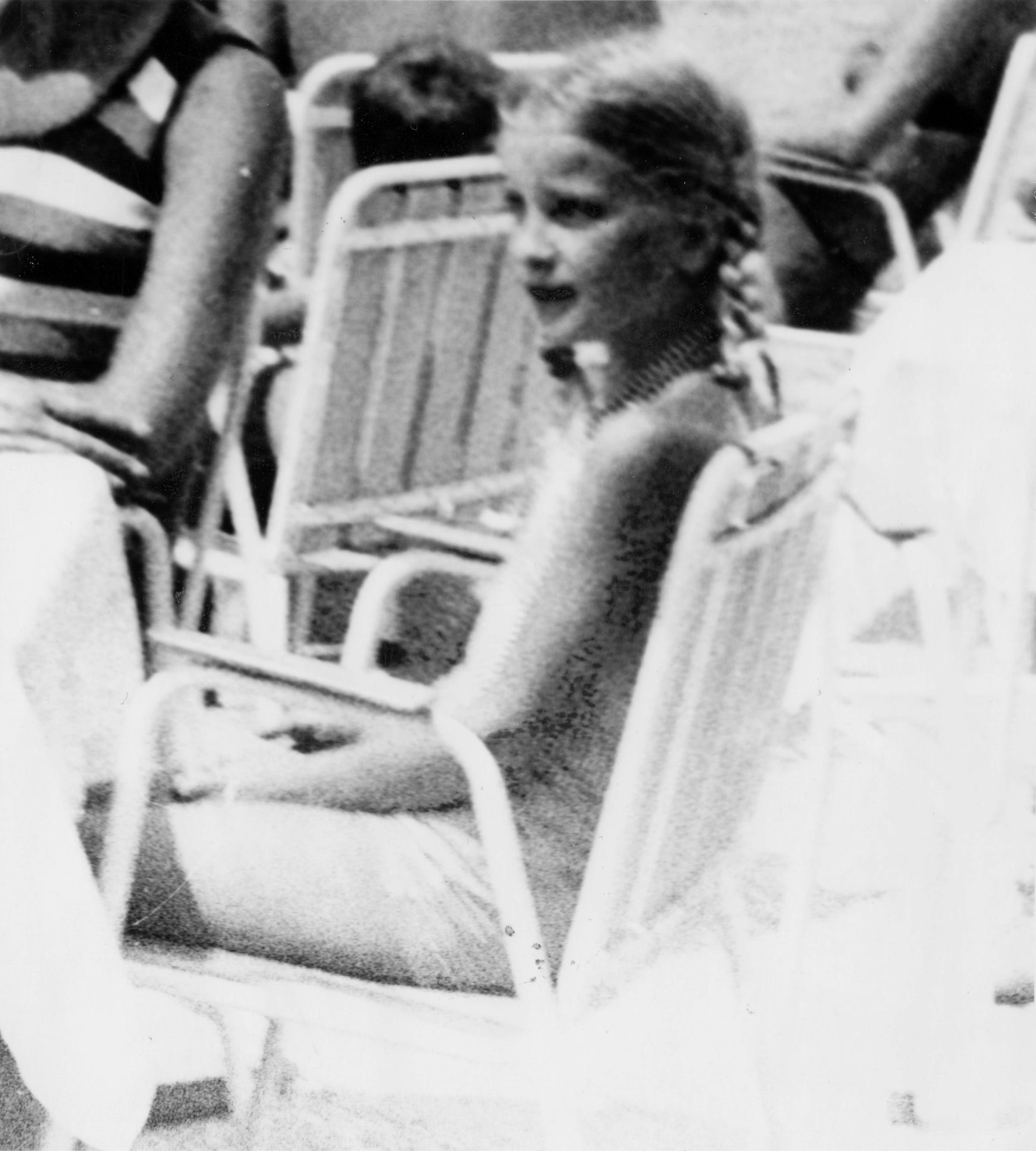
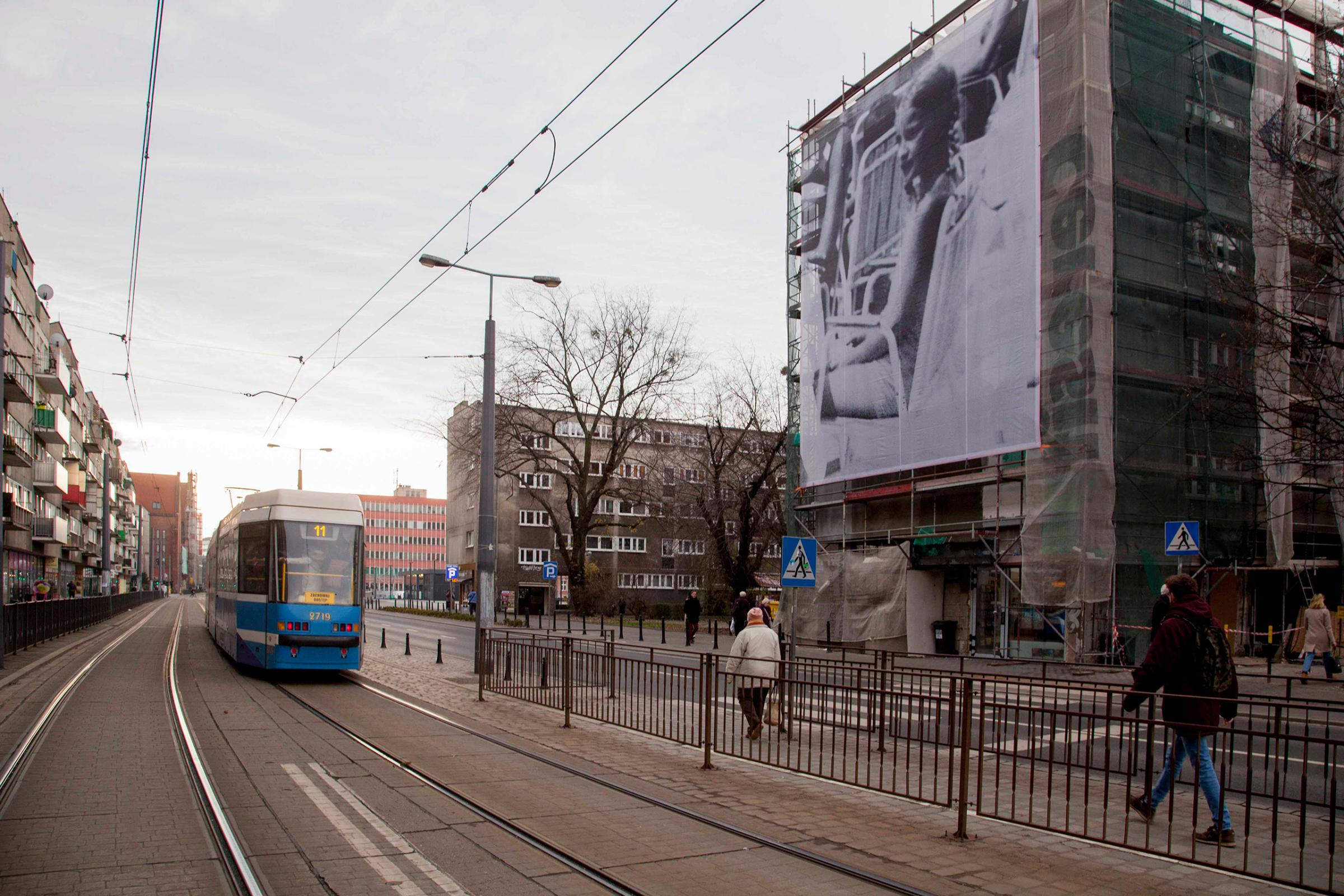
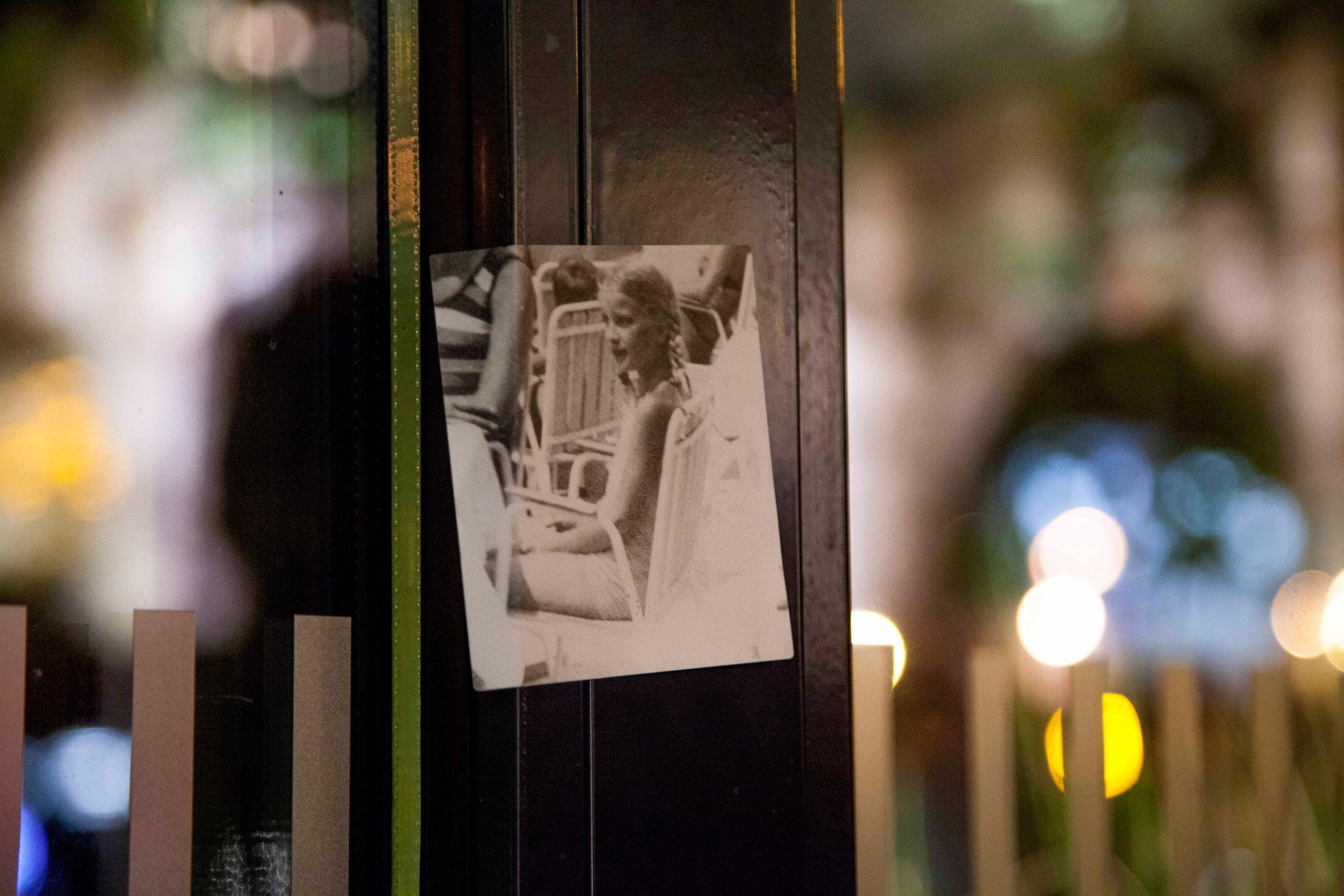
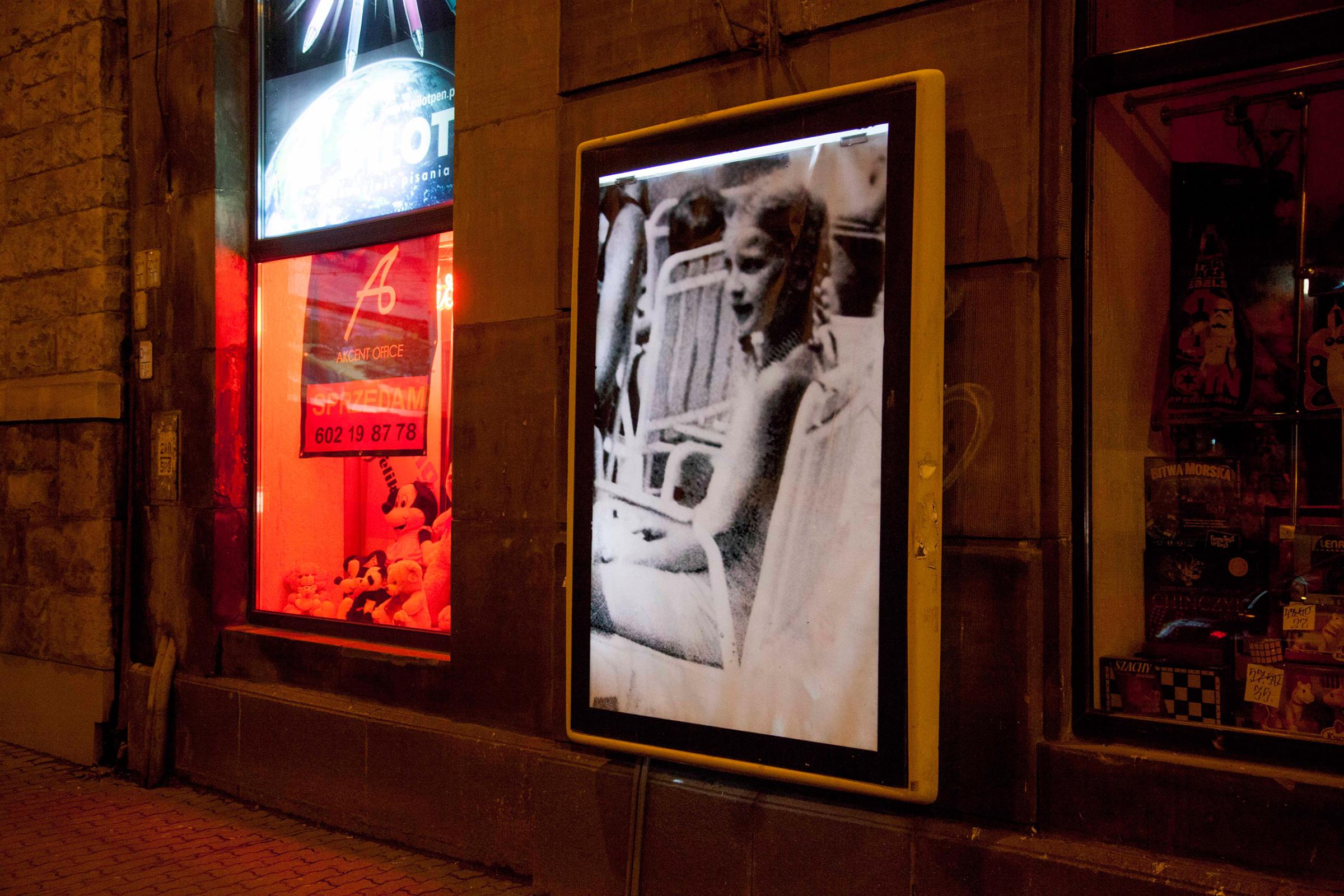
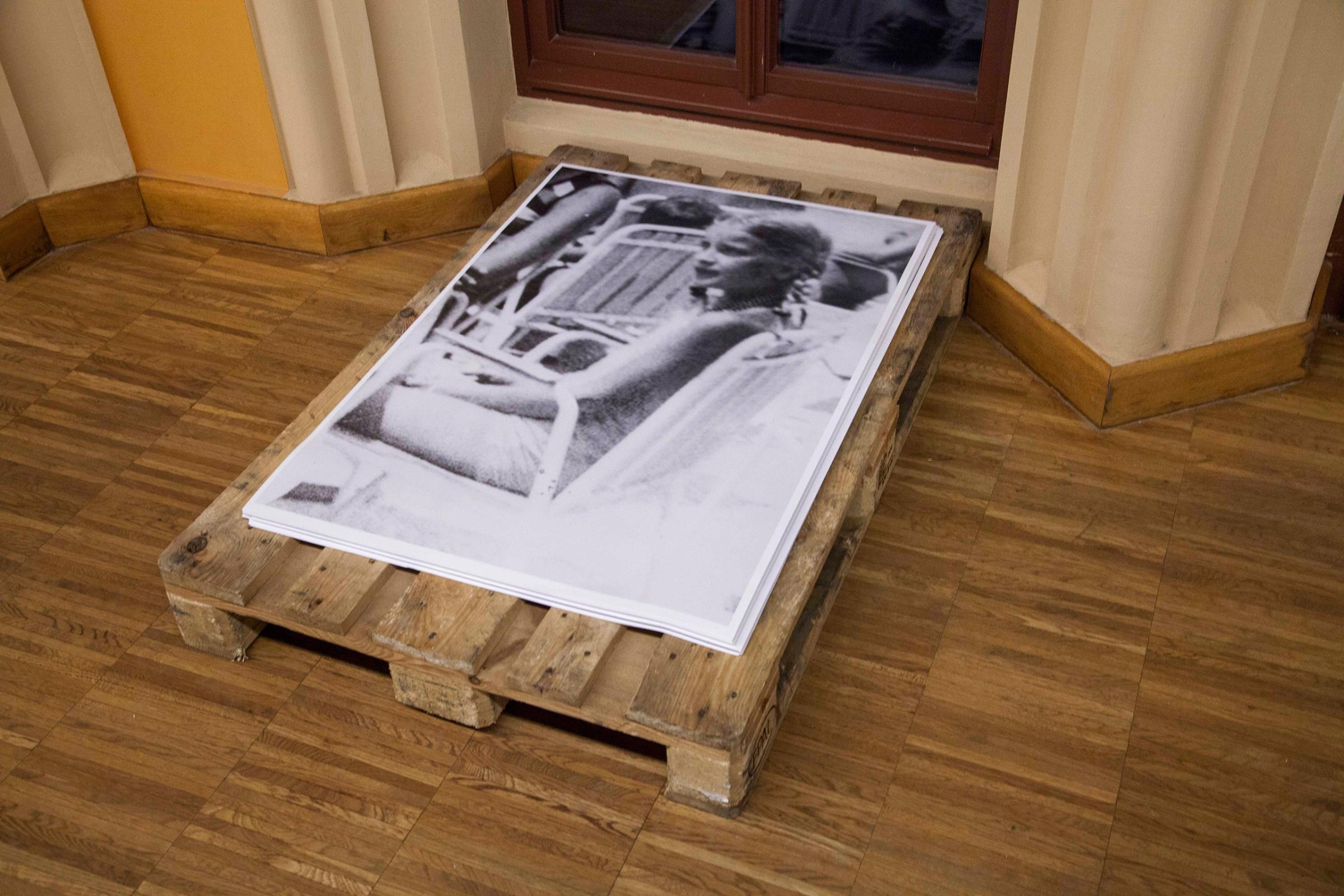
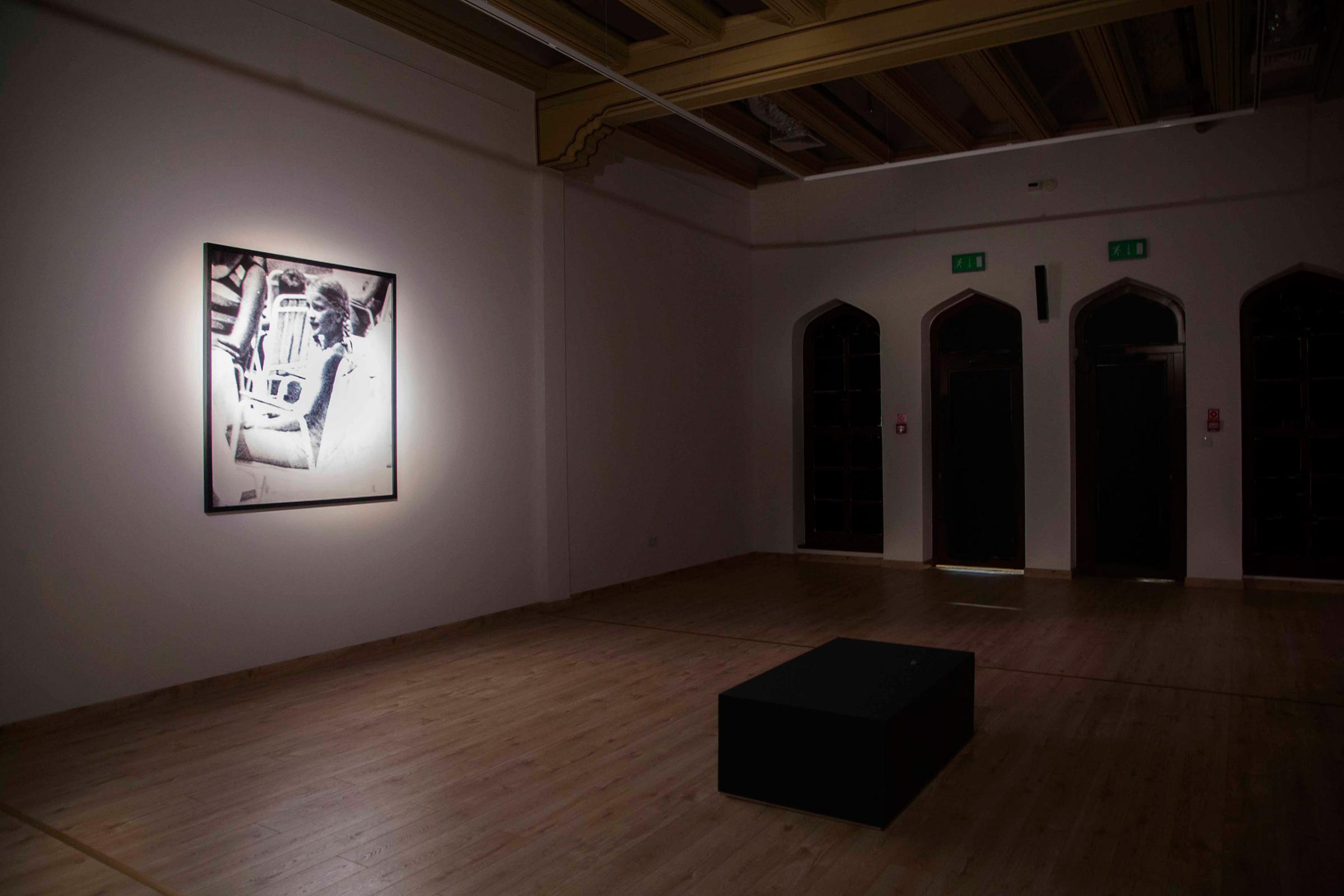
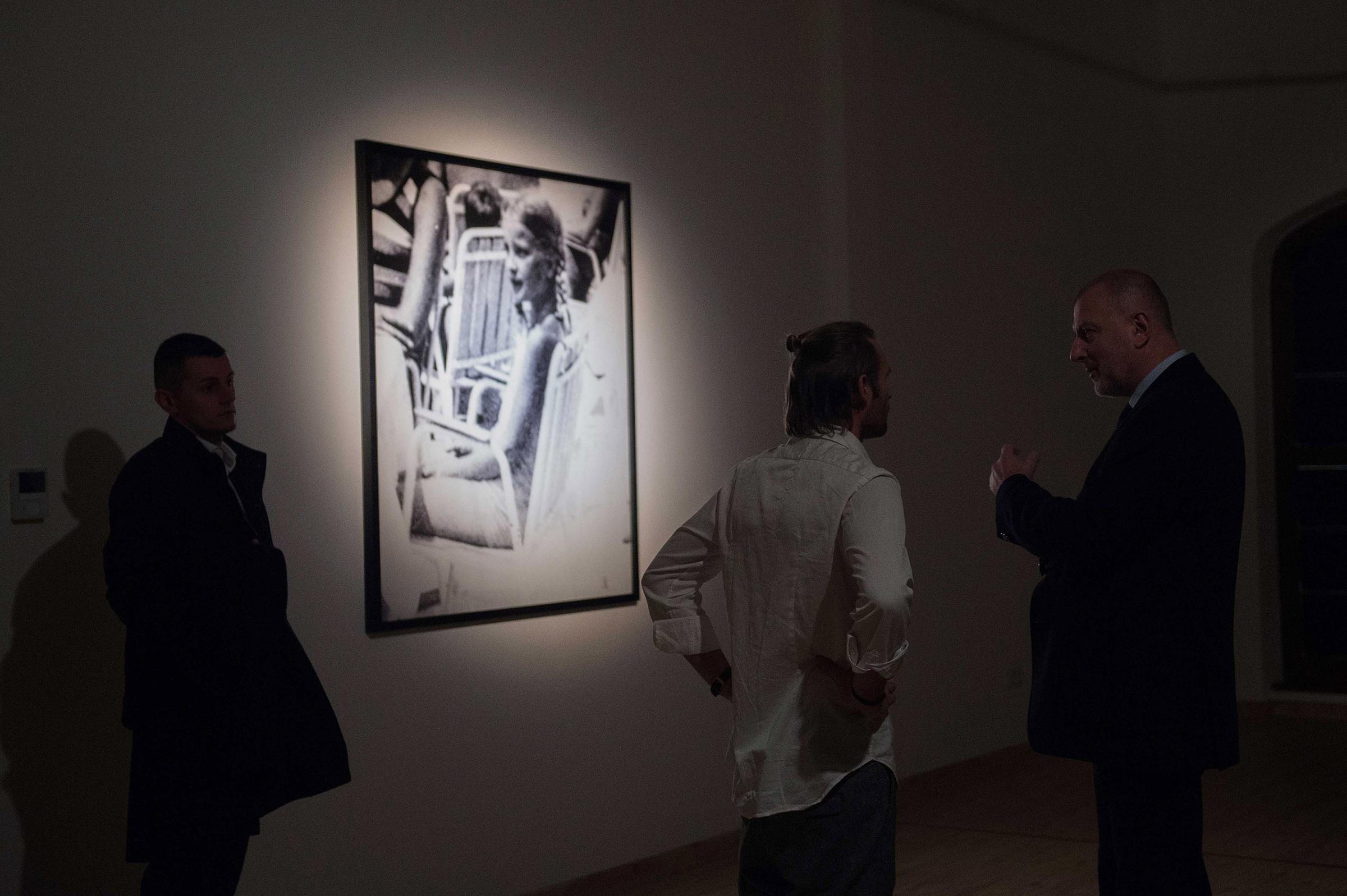
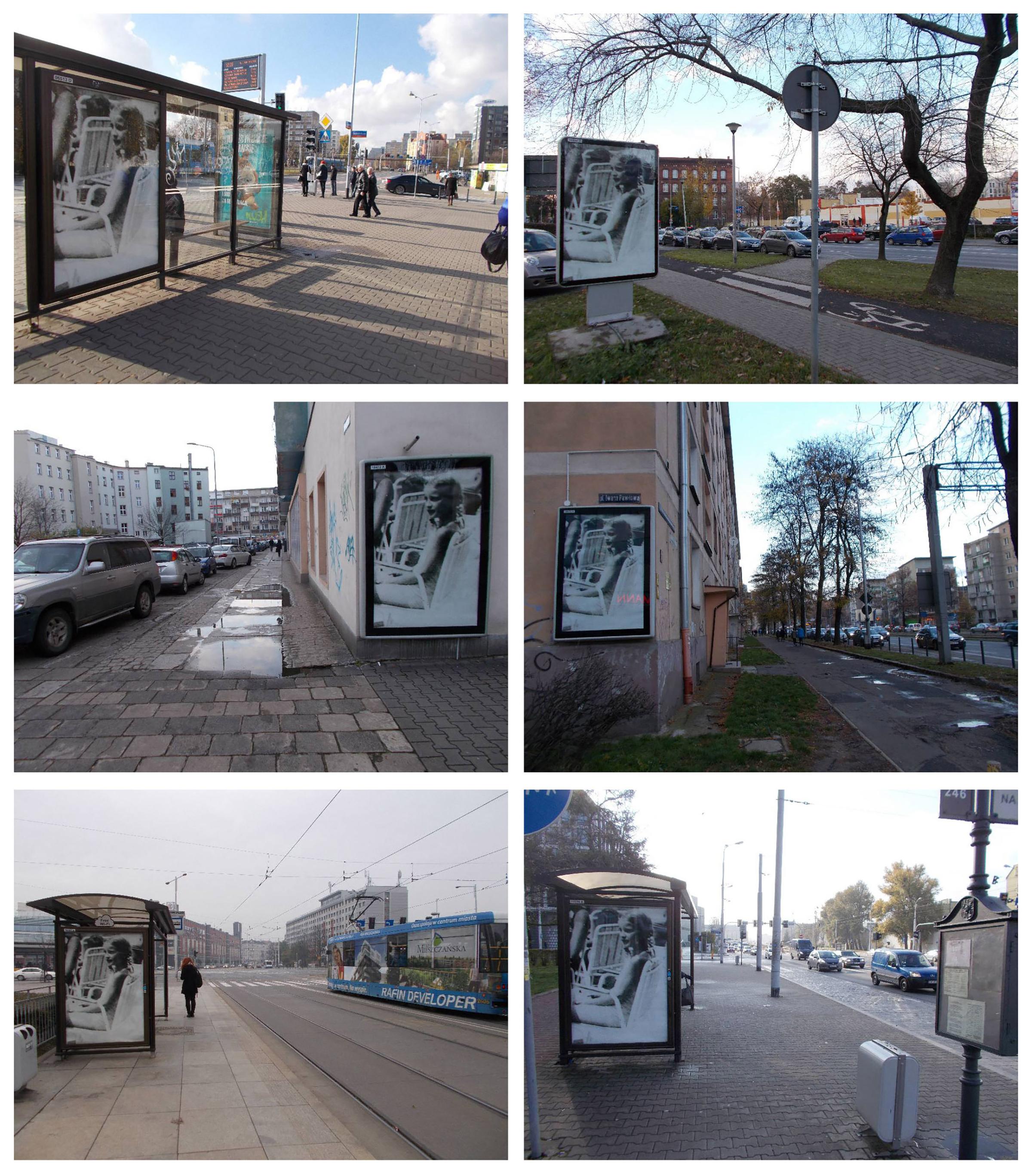
More Must-Reads from TIME
- Cybersecurity Experts Are Sounding the Alarm on DOGE
- Meet the 2025 Women of the Year
- The Harsh Truth About Disability Inclusion
- Why Do More Young Adults Have Cancer?
- Colman Domingo Leads With Radical Love
- How to Get Better at Doing Things Alone
- Michelle Zauner Stares Down the Darkness
Contact us at letters@time.com